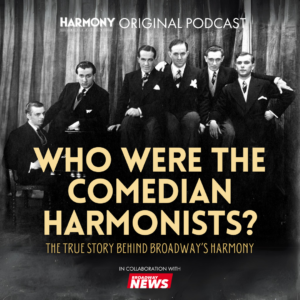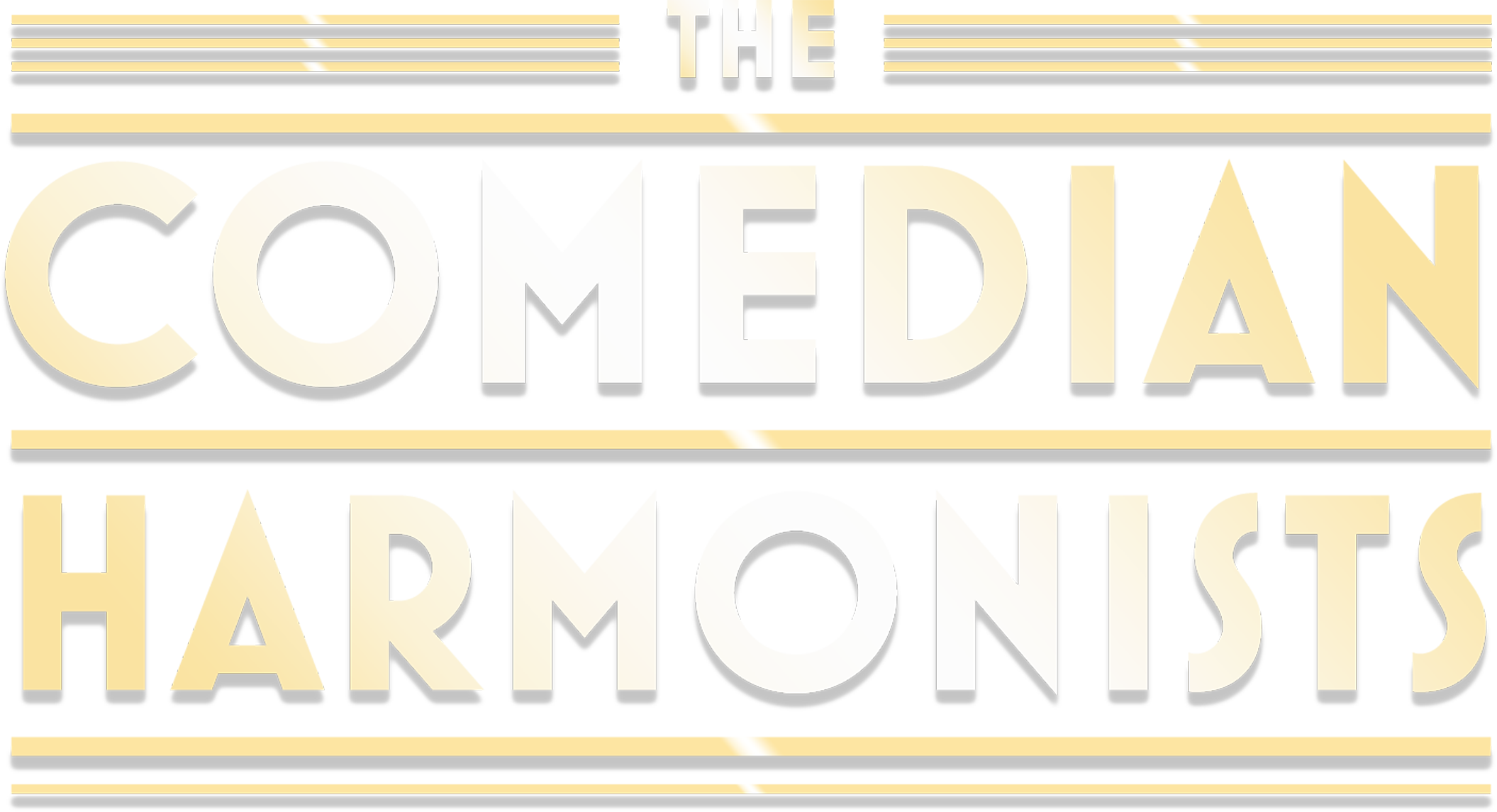The Comedian Harmonists were a German-Jewish vocal sextet who were incredibly popular in the 1920s and 1930s. They were also prolific actors, appearing in 13 films between 1929 and 1933.
The Comedian Harmonists’ films were typically musical comedies that showcased their singing and comedic talents.
Some of their most popular films include:
- “Spanish Interlude” (1929)
- “Visit at Midnight”/”The Night Ghost of Berlin” (1930)
- “The Three from the Filling Station” (1930)
- “Two Ties” (1930)
- “The Wrong Husband” (1931)
- “Gassenhauer” (1931)
- “Bombs on Monte Carlo” (1931)
- “The Unfaithful Eckhart” (1931)
- “The Audience Sings Along” (1931)
- “Vienna Forest” (1931)
- “Crossword Puzzle” (1931)
- “The Average Man” (1931)
- “Princess, At Your Orders!” (1931)
- “The Winner” (1932)
- “I By Day and You By Night” (1932)
- “Little Man – What Now?” (1933)
Their films were very successful, both in Germany and abroad. However, the Comedian Harmonists’ success came to an end in 1933, when the Nazis came to power. Three of the members of the group were Jewish, and they were forced to disband. The Comedian Harmonists’ films were also banned and destroyed by the Nazis.
After the war, a few Comedian Harmonists’ films were recovered. They are now considered to be classics of German cinema.
The Comedian Harmonists’ films are a valuable record of their talent and creativity. They are also a reminder of the dark times that Germany went through during the Nazi era.
Here are some additional facts about the history of the Comedian Harmonists’ films:
The Comedian Harmonists’ first film was Melody of the Heart, which was released in 1930. The film was a huge success, and it helped to launch the Comedian Harmonists’ film career.




